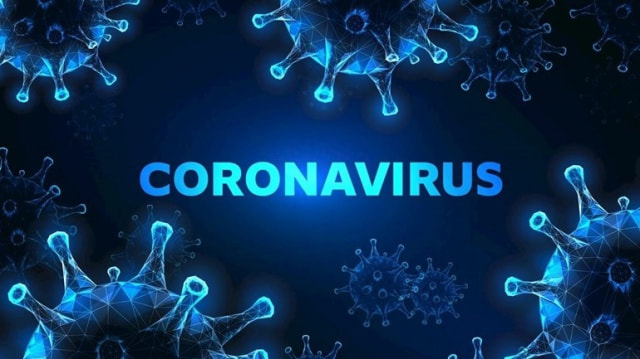|
What you should know
What is the coronavirus? Coronaviruses are a large family of viruses. Most strains of coronavirus typically cause only mild symptoms such as common colds. Some rarer strains, however, cause more serious illnesses such as Middle East Respiratory Syndrome (MERS) and Severe Acute Respiratory Syndrome (SARS). The current outbreak of coronavirus, coronavirus disease 2019 or COVID-19, is caused by a novel strain known as SARS-CoV-2. The first cases of COVID-19 were identified in December 2019 in Wuhan, China. How does it spread?
confirmed coronavirus disease 2019 (COVID-19) cases, reported illnesses have ranged from mild cold- or flu-like symptoms to more severe illness and, in some cases, death. Symptoms can include:
How to protect yourself? There is currently no vaccine for COVID-19. The best prevention is, therefore, to avoid being exposed. The guidelines below offer you and your family the best protection against the spread of COVID-19:
Frequently asked questions Q: Can someone who has had COVID-19 spread the illness to others? A: The virus that causes COVID-19 is spreading mainly from person-to-person. Someone who is actively ill with COVID-19 can spread the illness to others. Q: Are antibiotics effective in preventing or treating the COVID-19? A: No. Since COVID-19 is caused by a virus, antibiotics, which work only against bacterial infections, are not effective either to prevent or treat COVID-19. Q: Should I wear a mask to protect myself? A: People with no respiratory symptoms, such as cough, do not need to wear a medical mask. The World Health Organization (WHO) recommends the use of masks only for people who have symptoms of COVID-19, and for those caring for them. The use of masks is essential for health workers and carers. Q: How long is the incubation period for COVID-19? A: The ‘incubation period’ is the time between catching the virus and beginning to have symptoms of the disease. Most estimates of the incubation period for COVID-19 range from 1–14 days, and typically around five days. These estimates will be revised as more data become available. Q: Am I at risk for COVID-19 in the Kurdistan Region? A: This is a rapidly evolving situation and the risk assessment may change daily. The latest updates will be provided by the Ministry of Health and related Kurdistan Regional Government entities. Q: Is there anything I should not do? A: The following measures are not effective against COVID-2019 and can be harmful:
Comments
|
|
Direct Contact Erbil office
[email protected] [email protected] +964 750 260 9719 +964 750 448 7315 +964 771 336 6257 Opening days Saturday - Thursday from 09:00 am - 06:00 pm
|
Direct Contact Istanbul office
[email protected] [email protected] +90 533 203 6269 +90 532 641 28 75 Opening days Monday - Friday from 09:00 am - 06:00 pm
|
Proudly powered by Weebly



